Addiction recovery is a complex and challenging journey that requires a holistic approach addressing body, mind, and spirit. Therapy and support groups are equally important as nutrition and wellness. Taking care of your physical and mental health is vital in promoting lasting sobriety and overall well-being.
Nutrition’s Vital Role in Addiction Recovery
In addiction recovery, good nutrition is vital. Substance abuse harms the body, so nutrients are key to healing. Nutrition isn’t just about eating; it’s about giving the body what it needs to recover.
Balanced Diet: Sticking to a balanced diet with whole, nutrient-rich foods helps restore balance. Nutrients like B vitamins and antioxidants help the brain and improve mood swings.
Hydration: Drinking an adequate amount of water is important. Hydration is vital for health, detox, and nutrient absorption. Dehydration can worsen withdrawal symptoms, hindering the addiction recovery process.
Meal Times: Regular meal times help stabilize energy levels. This routine contributes to balanced moods and overall physical health throughout the addiction recovery journey.
Wellness Practices
Wellness practices are powerful in recovery. Wellness means a sense of overall well-being incorporating numerous aspects of an individual’s life. These include physical, mental, emotional, intellectual, occupational, and spiritual aspects.
Mindfulness: Mindfulness builds presence, helping to observe thoughts and feelings without judgment. It boosts self-awareness and coping skills, which are key to overcoming cravings.
Exercise: Exercise boosts physical health and mental well-being. It releases endorphins, lifting mood and reducing stress. Walking, yoga, or dancing are powerful tools for maintaining sobriety.
Social Ties: Strong social ties are critical. Having supportive friends and family can offer understanding and motivation. Positive relationships foster a sense of community and lessen feelings of isolation.
Exercise and Physical Activity
Regular exercise and physical activity play a crucial role in addiction recovery. Engaging in physical activity releases feel-good neurotransmitters like endorphins, which can improve mood and reduce cravings.
Recovery Syndicate values exercise, offering activities like yoga or hiking. They provide not just physical health but also a sense of community. Engaging in yoga boosts physical strength and mental peace. It calms the mind, aiding stress and anxiety management.
Hiking is another favorite with Recovery Syndicate members. Nature’s peaceful settings offer a place for reflection and connection, aiding recovery.
Mind-Body Connection
The mind-body link is key in recovery. Understanding thoughts, emotions, and body sensations helps take control of recovery.
Recovery Syndicate provides counseling and therapies to aid individuals in exploring and addressing emotional triggers.
Practicing mindfulness improves this link. It builds present-moment awareness and non-judgmental acceptance. This boosts self-awareness and coping skills.
Physical activities like yoga improve this link too. They enhance physical health and mental balance, leading to holistic recovery.
Mind-Body Techniques for Overcoming Addiction
Mind-body techniques play a role in recovery. Practices like yoga or tai chi aim to balance energy and promote relaxation.
Yoga combines postures and meditation for overall well-being. It builds strength, calms the mind, and aids stress management.
Tai chi, known for its gentle movements and deep breathing, improves balance and focus. It boosts physical and mental well-being, aiding recovery.
Acupuncture helps rebalance energy flow in a traditional Chinese medicine approach. It releases endorphins, promoting well-being. Many find it calming during recovery.
Practical Strategies and Resources
Creating a supportive network of friends, family, and mentors is crucial to maintaining sobriety. Recovery Syndicate offers ongoing support groups and counseling services to provide individuals with the necessary guidance and accountability.
Recognizing triggers and having coping strategies is key. Avoiding triggers and managing stressors is essential. Different stages of recovery need various support levels. One-on-one counseling may suit some, while group therapy could aid others better.
Professional help should cover issues contributing to addiction. Regardless of financial stress, guidance from financial advisors can help manage recovery hurdles.
Seeking personalized support on your addiction recovery journey?
Contact Recovery Syndicate today for tailored programs and holistic healing approaches to foster lasting sobriety. Take the first step towards addiction recovery now.
